Predictive Content Marketing Analytics: Leveraging AI To Forecast Performance
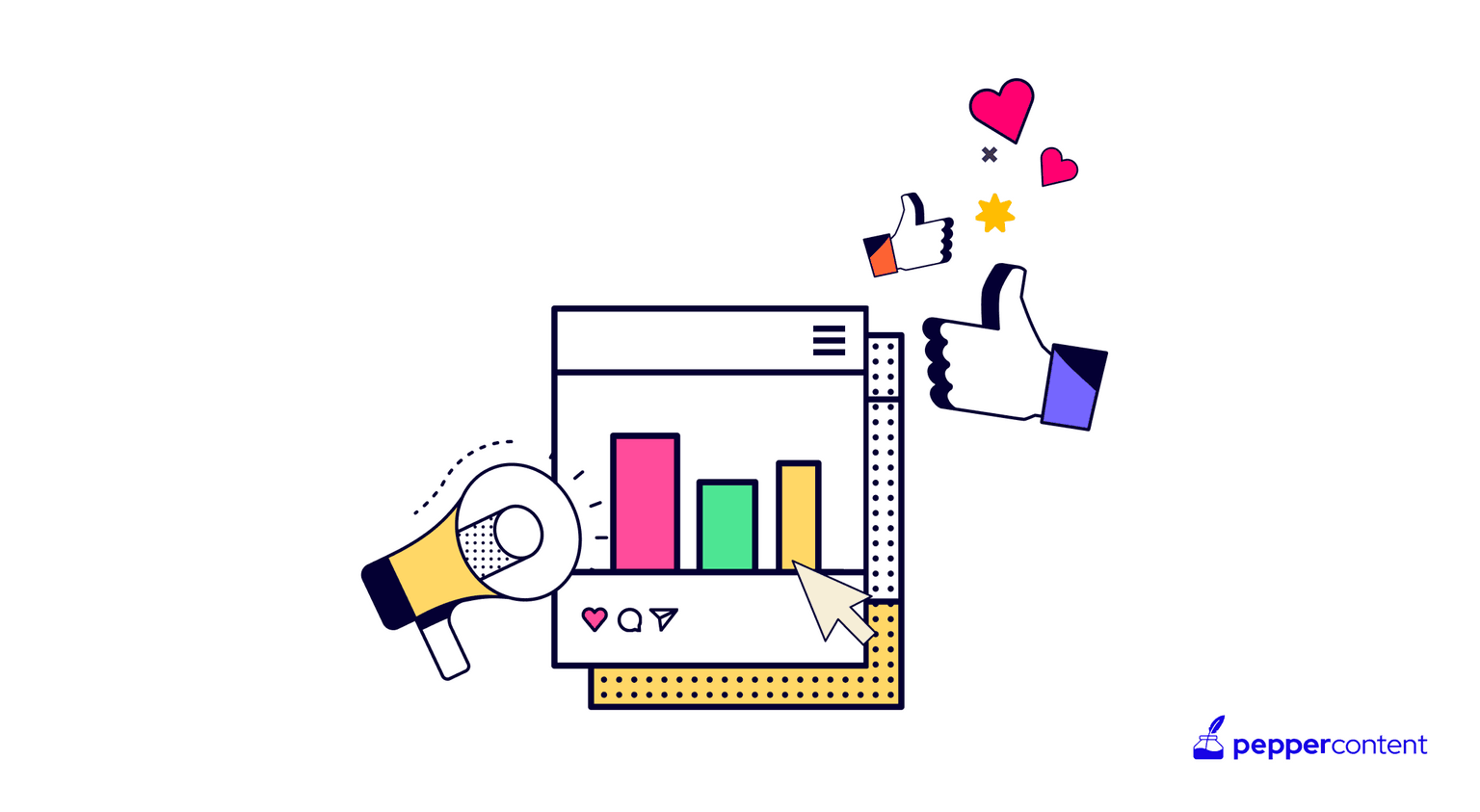
Digital transformation has become an imperative in the rapidly evolving marketing landscape. With technology advancements taking center stage, marketers are constantly seeking innovative ways to stay ahead of the curve. Enter artificial intelligence (AI), a game-changer that is revolutionizing the world of marketing and advertising.
AI is more than just a buzzword; it has the power to transform content marketing by enabling predictive analytics. By leveraging AI-driven tools and algorithms, companies can now unlock valuable insights that were once inaccessible. This new realm of predictive content marketing allows marketers to forecast performance, optimize strategies, and enhance customer experiences like never before.
In this article, we will explore how AI and prediction are reshaping the marketing content analytics landscape. We will delve into various applications of this technology and examine real-life examples of companies utilizing AI to maximize their performance and engagement. Get ready to unleash the power of content marketing predictive analytics as we dive into the exciting world of AI-driven data insights. Let’s dive in!
Gaining Deeper Customer Insights
In the era of digital marketing, understanding your customers is the key to success. AI-powered marketing predictive analytics allows marketers to gain deeper insights into their target audience than ever before. By analyzing vast amounts of customer data, AI algorithms can identify patterns, preferences, and behaviors that were previously hidden.
One way AI is revolutionizing customer insights is through the creation of detailed customer profiles. By collecting and analyzing data on customer demographics, interests, purchasing history, and online behavior, AI algorithms can generate personalized experiences for each individual. Take Amazon’s recommendation engine, for example. Based on a customer’s purchase history and browsing behavior, the algorithm suggests products that are highly relevant to their interests. This not only increases sales but also enhances customer satisfaction by making their shopping experience more convenient and enjoyable.
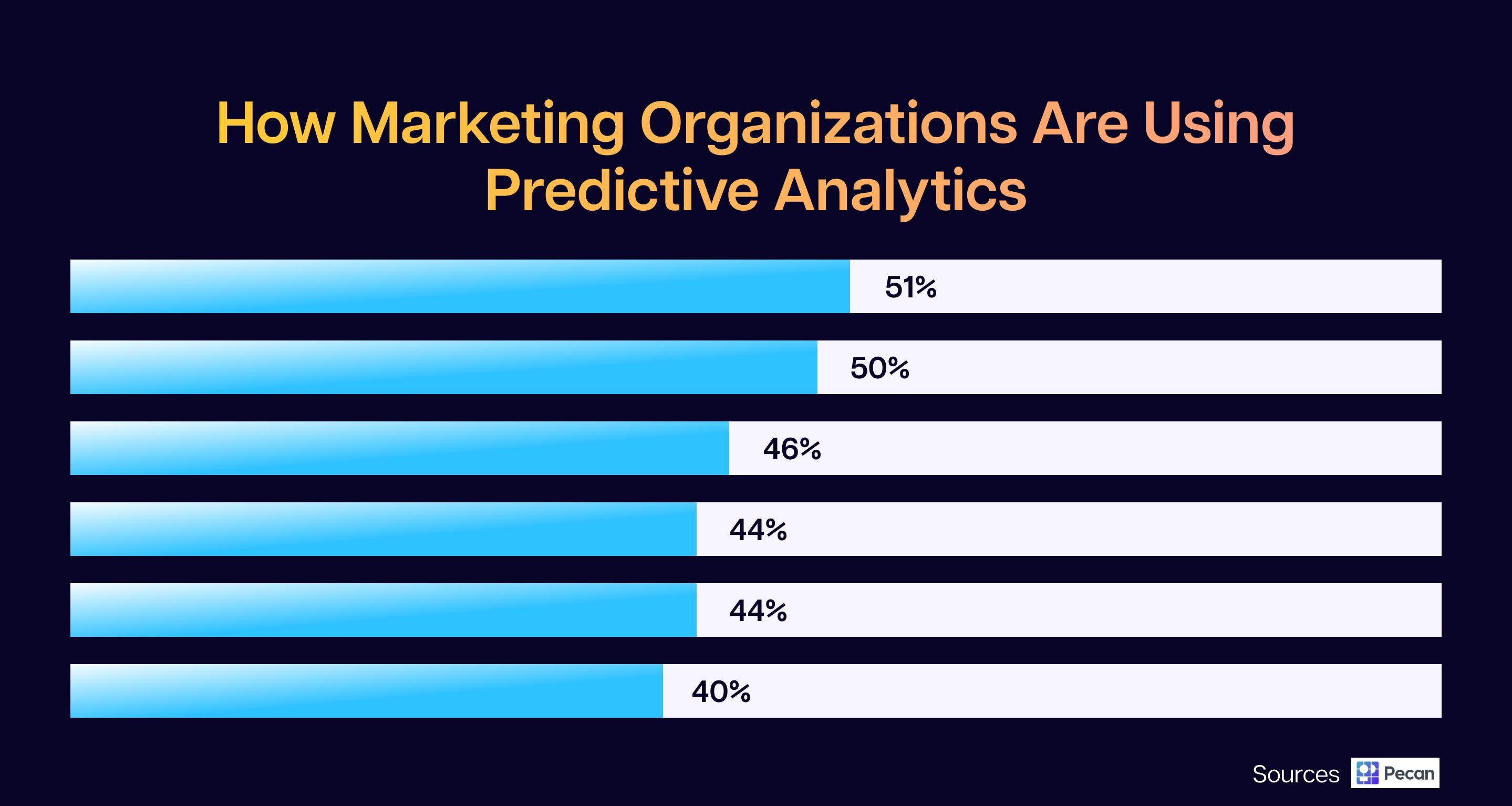
Analyzing Amazon’s personalized recommendations reveals the power of prediction content marketing analytics. These recommendations have significantly increased sales by providing customers with tailored suggestions that align with their specific preferences. The algorithm takes into account factors such as previous purchases, browsing history, and even items added to the shopping cart but not purchased. By leveraging AI to understand customer behavior at a granular level, Amazon has been able to deliver highly targeted content that drives conversions.
Optimizing Content Strategy
Creating content that resonates with your target audience is essential for driving engagement and achieving marketing goals. However, understanding exactly which types of content will perform best can be a challenge. This is where predictive analytics comes in.
By utilizing marketing predictive analytics, marketers can forecast content performance based on historical data and audience segmentation. For instance, HubSpot has successfully used predictive analytics to optimize its blog content. By analyzing past engagement metrics such as click-through rates and time spent on a page, they can determine which topics and formats are most likely to resonate with specific audience segments.
With the help of AI-powered marketing predictive analytics, marketers can move away from guesswork and make informed decisions about their content strategy. By leveraging data insights, they can optimize their approach and focus on producing content that is more likely to generate positive outcomes. This not only saves time and resources but also ensures that efforts are directed toward creating high-quality, engaging content that drives results.
Improving Conversion Rates
In the fast-paced world of content marketing, capturing and converting customers is the ultimate goal. This is where marketing predictive analytics and AI-powered tools come into play, revolutionizing the way businesses improve conversion rates. By leveraging the power of AI, companies can now predict customer behavior and preferences with remarkable accuracy.
By predicting customer behavior, businesses can tailor their messaging and offers to specific individuals or segments. This targeted approach creates a sense of personalization that resonates with customers and increases the likelihood of conversion.
By embracing AI-powered content marketing analytics software tools for predictive content marketing, businesses can enhance their conversion rates like never before. Whether it’s hyper-personalized recommendations on streaming platforms or optimizing website content for better organic search rankings, AI has become an indispensable ally in the quest for higher conversion rates.
Enhancing SEO Efforts
When it comes to content marketing analytics, search engine optimization (SEO) is the name of the game. In order to rank higher on search engine result pages, businesses need to understand search patterns, keywords, and competitor strategies. This is where AI-driven content marketing analytics tools come into play, revolutionizing how businesses enhance their SEO efforts.
Let’s take a look at Pepper CMP, one of the leading content marketing platforms in the industry. They have incorporated machine learning algorithms into their SEO toolset, allowing businesses to identify keyword opportunities with precision. By analyzing vast amounts of data, its AI-powered toolset helps clients optimize their website content for improved organic search rankings.
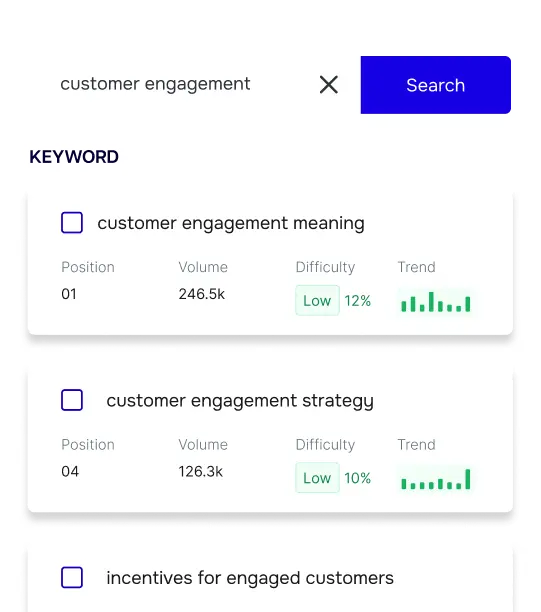
Pepper CMP’s AI-driven content marketing analytics tools go beyond simply identifying keywords. They also provide valuable insights into user intent and search patterns. By understanding what their target audience is searching for, businesses can create content that aligns with their needs and interests. This data-driven approach not only improves search engine visibility but also enhances user experience.
The role of AI in enhancing SEO efforts cannot be overstated. With the ability to analyze vast amounts of data and provide valuable insights, AI-driven tools have become essential in optimizing website content for improved organic search rankings. As businesses continue to prioritize digital marketing strategies, embracing AI technology is key to staying ahead of the competition and driving success in the ever-evolving world of content marketing.
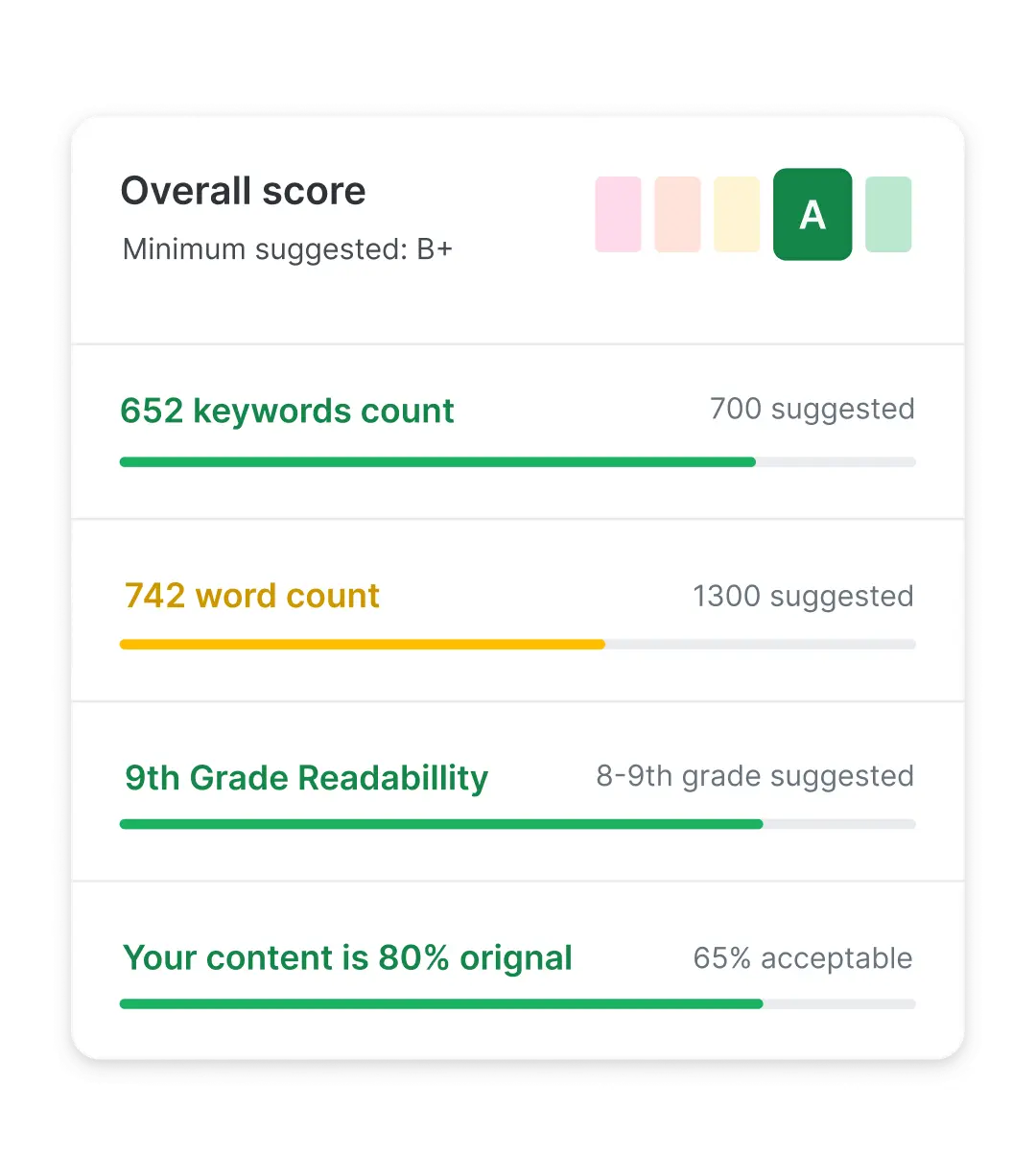
Streamlining Content Production
In the fast-paced world of content marketing, efficiency and scalability are key. And that’s where AI comes in, revolutionizing the way we produce and curate content. By automating various processes, AI enables us to streamline content production, saving time and resources while maintaining quality.
One prime example of AI-driven content production is The Washington Post’s use of Heliograf. This innovative tool generates news articles in a matter of seconds, freeing up journalists to focus on more complex stories. With Heliograf, The Washington Post has been able to increase its output of high-quality, personalized content significantly. And they’re not the only ones benefiting from AI automation.
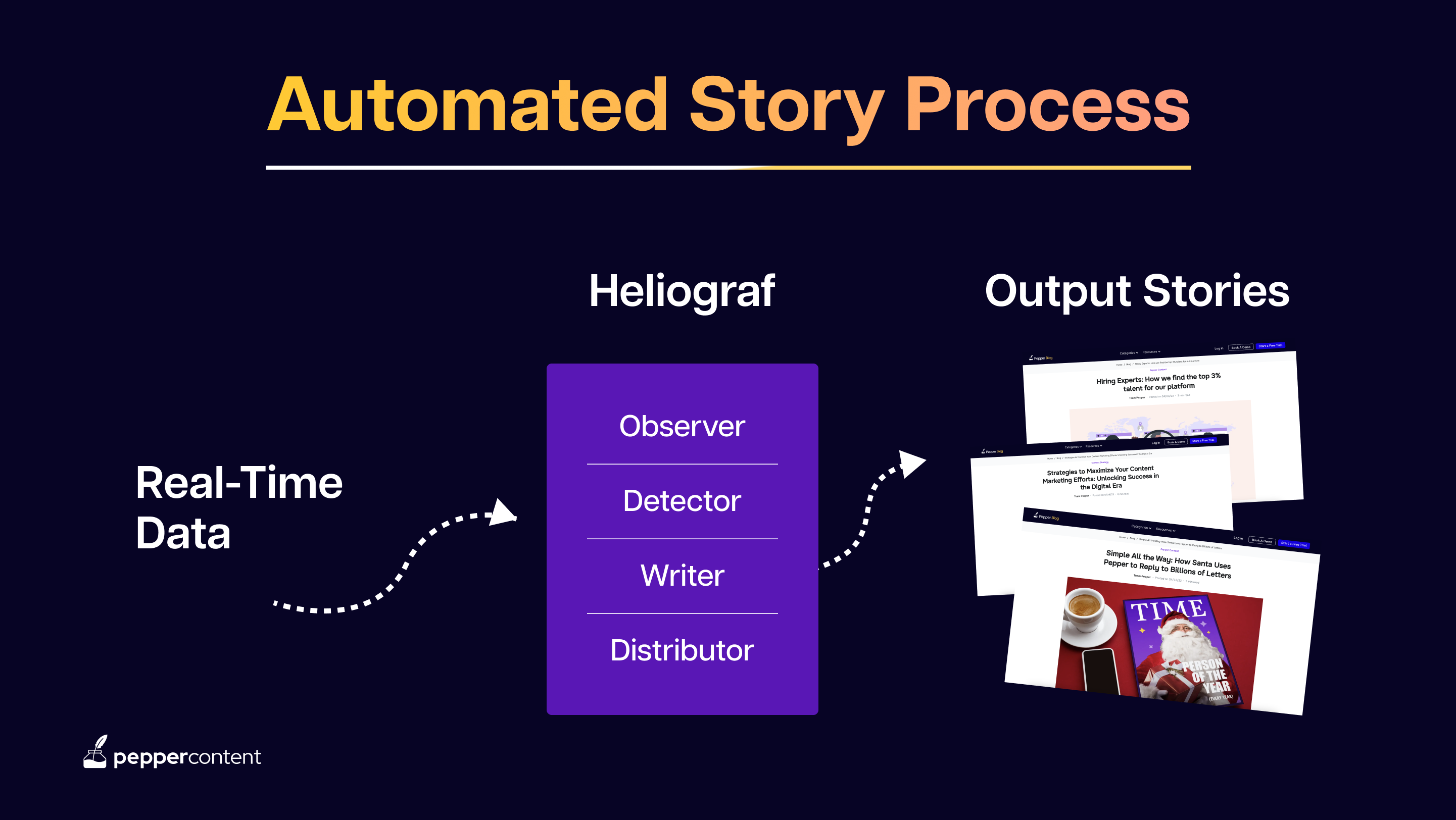
By leveraging AI for content creation and curation, marketers can enhance both efficiency and scalability in their operations. AI-powered tools can generate high-quality written content, design eye-catching visuals, and even create social media posts. This not only speeds up the content creation process but also ensures consistency across different platforms.
Imagine being able to produce engaging blog articles in a fraction of the time it used to take. Or having an AI assistant that automatically curates relevant articles from trusted sources for your social media channels. These possibilities become a reality with AI-powered content marketing tools.
The benefits of streamlining content production go beyond saving time and resources. By automating repetitive tasks, marketers can focus on strategic planning and creative thinking. This allows for more innovative and impactful campaigns that resonate with audiences on a deeper level.
Final Words
Marketing predictive analytics is a game-changer for content marketing. By harnessing the power of AI, companies can now forecast performance and engagement, transforming their marketing strategies. As we have seen in the previous sections, predictive analytics is enabling deeper customer insights, optimizing content strategy, improving conversion rates, enhancing SEO efforts, and streamlining content production.
In conclusion, the applications and benefits of predictive analytics in content marketing are vast. By analyzing vast amounts of customer data, businesses can create personalized experiences that boost sales and satisfaction. Through marketing predictive analytics, marketers can optimize their content strategy by understanding what resonates with specific audience segments, leading to higher click-through rates and improved user experience. Additionally, leveraging AI-powered content marketing analytics tools to predict customer behavior allows for targeted messaging and offers that increase conversion rates.
AI is also revolutionizing SEO efforts by analyzing search patterns, keywords, and competitor strategies to improve organic search rankings. Furthermore, automating content production processes using AI enhances efficiency and scalability.
The future prospects of AI in optimizing marketing strategies are promising. As technology continues to advance, it will become even more crucial for marketers to embrace AI for improved performance and engagement. By staying ahead of the curve and leveraging predictive analytics in content marketing, companies can unlock new levels of success in today’s competitive landscape.
Latest Blogs
Explore how Google’s 2025 AI search updates triggered ranking chaos. Learn actionable strategies to adapt your SEO for AI Overviews, zero-click searches, and SERP volatility. Stay ahead now.
Learn how to rank on AI search engines like ChatGPT, Perplexity, and Gemini by optimizing your content for authority, structure, and relevance. Stay ahead in AI-driven search with this strategic guide.
Explore the best healthcare SEO services for your medical practice. Improve online visibility and effectively reach more patients in need of your services.
Get your hands on the latest news!
Similar Posts

Content Analytics
8 mins read
Google I/O 2025: AI Search Shake-Up & Ranking Volatility
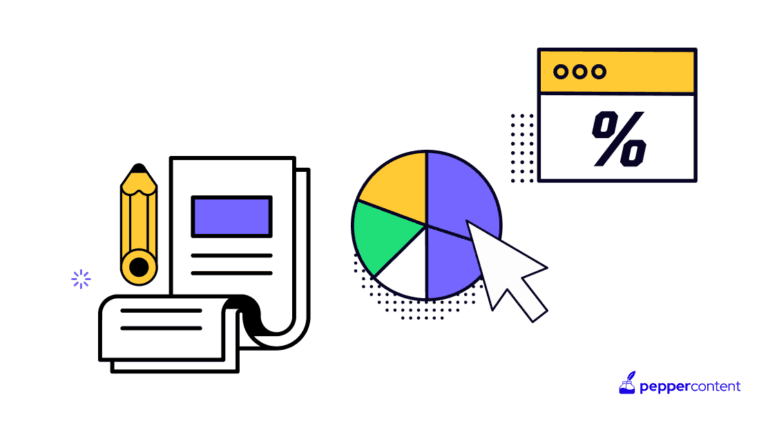
Content Analytics
5 mins read
How to Check Google Rankings: 3 Swift and Accurate Methods
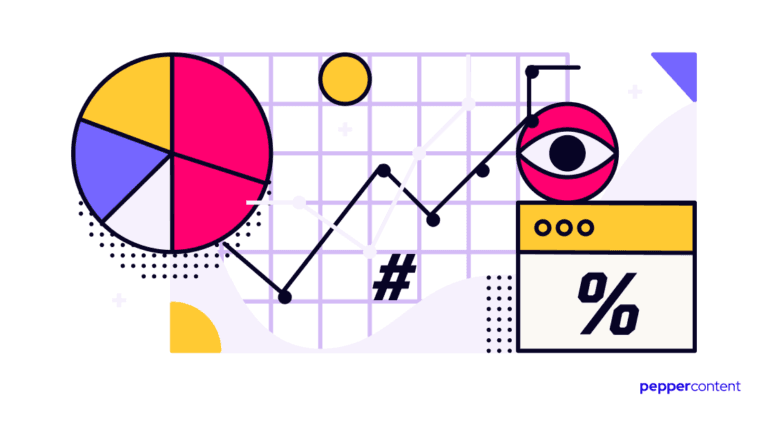
Content Analytics
9 mins read